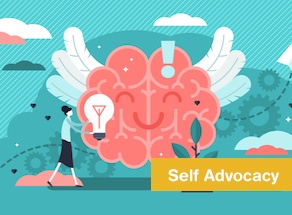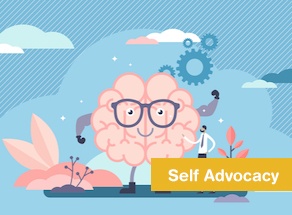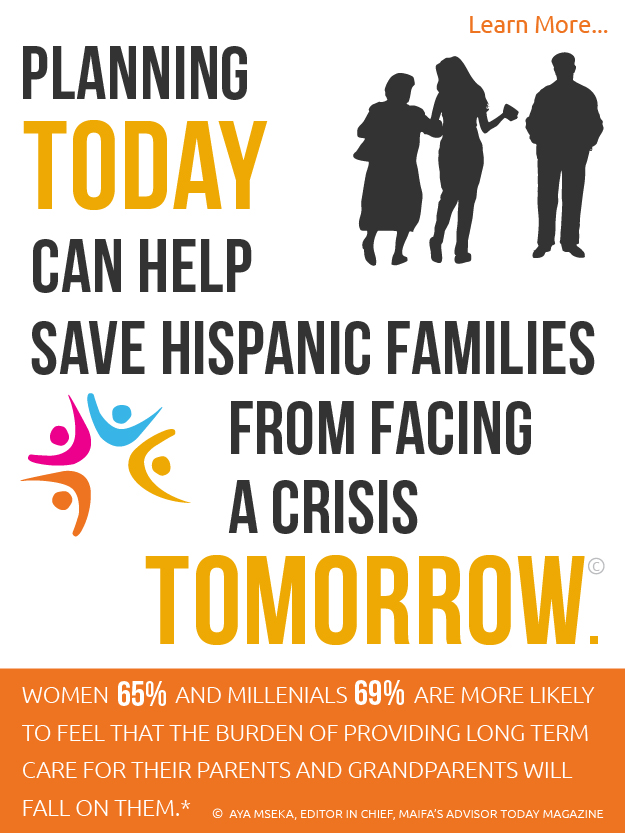Self Advocacy
8 Mental health Tips That Are So Effective, Therapists Themselves Swear by Them
02/05/2019 06:00am | 5326 viewsBy Korin Miller
There are so many strategies for cultivating a solid sense of mental health (Rethinking your social-media relationship! Scheduling a girls' night! Journaling!) Still, figuring out what tips really work and what’s just noise is a highly personalized and hardly simple process.
Born Leaders
People with The Healthiest Personality Type Have These 3 Qualities
17/04/2019 06:00am | 5383 viewsIf you were building the ideal emotionally healthy person ― like a Simwho was well-adjusted and definitely not evil ― what traits would you choose?
Personalized Care
Why It's Important to Schedule More Downtime for Your Brain
15/04/2019 06:00am | 4677 viewsTime off is what your brain thrives on. It spends hours every day working and managing the constant streams of information and conversation that come at you from all directions. But if your brain doesn't get a chance to chill and restore itself, your mood, performance, and health suffer. Think of this recovery as mental downtime—periods when you're not actively focusing on and engaged in the outside world. You simply let your mind wander or daydream and it becomes reenergized in the process.
Nourishing Self Care
How to Know If Group Therapy Might Be Right for You
11/04/2019 06:00am | 4779 viewsAfter about six months of individual therapy, Audrey A., then 28, felt like her progress had stalled. But she still wanted help working through a traumatic stalking incident that happened earlier in her life. “I chose group therapy to see if talking to others could help shine a light on things,” she tells SELF. “I went to be around people who were in [similar] situations so that I could see I wasn't alone.”
Nourishing Self Care
Aha News: Post-Stroke Depression Common Among Black, Hispanic Survivors
03/04/2019 06:00am | 4587 viewsFor the nearly 800,000 people who experience a stroke each year in the United States, the aftereffects are likely to be life-changing.








